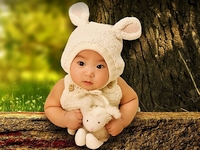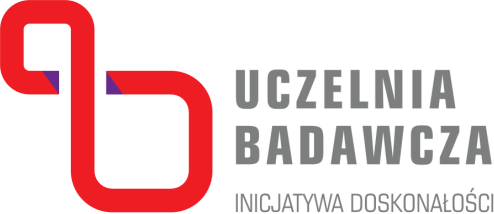 From 13th to 18th April 2017 our Students will be enjoying the eagerly anticipated Easter Break. Most of you are probably going to spend this wonderful time at home with your families. If, however, you chose to celebrate the joyful festival in Poland, below are some useful tips on Polish customs and traditions observed at Easter time.
From 13th to 18th April 2017 our Students will be enjoying the eagerly anticipated Easter Break. Most of you are probably going to spend this wonderful time at home with your families. If, however, you chose to celebrate the joyful festival in Poland, below are some useful tips on Polish customs and traditions observed at Easter time.
 From 13th to 18th April 2017 our Students will be enjoying the eagerly anticipated Easter Break. Most of you are probably going to spend this wonderful time at home with your families. If, however, you chose to celebrate the joyful festival in Poland, below are some useful tips on Polish customs and traditions observed at Easter time.
From 13th to 18th April 2017 our Students will be enjoying the eagerly anticipated Easter Break. Most of you are probably going to spend this wonderful time at home with your families. If, however, you chose to celebrate the joyful festival in Poland, below are some useful tips on Polish customs and traditions observed at Easter time.
Easter is the oldest and the most important Christian celebration, though its roots date as far back as the ancient times. It is a movable feast, falling on the first Sunday after the full moon following the March equinox. Easter ends the forty-day period of Lent, during which any festivities are abandoned, and is associated with various religious and folk customs.
Let’s take a look at some of the Easter traditions which you can come across in Poland:
Spring cleaning – the least favourite chore, whose aim is not only to make our house clean and shiny, but also to sweep out winter and illness, and make room for the coming season.
Palm fronds for luck – boughs of yew, willow, and other trees native to Poland – called Easter Palms – are blessed during the Palm Sunday and then used to delicately whip family members and friends to ensure them good fortune.
Painted Easter Eggs – the symbol of life and rebirth; on Holy Saturday, children decorate hard-boiled eggs or empty egg shells using various techniques, such as paints, dye, cut-outs, collage, etc.
Easter Basket – filled with food and on Holy Sunday taken to church for blessing; it usually contains painted eggs, some bread, sausage, ham, salt, horseradish, butter, and a little marzipan lamb – the blessed food is then eaten for Easter Sunday breakfast.
Bunny Hunt – children’s favourite activity; on Easter Sunday, before or after breakfast, younger family members look around the house or the garden to find their ‘bunny’ in the form of a small gift or some sweets.
Śmigus-Dyngus – the Polish name for Easter Monday (or Wet Monday), during which boys try to drench girls with buckets of water, squirt guns, and sometimes perfumes; this custom of pagan roots originally symbolised cleansing oneself.
Prima Aprilis – the Polish name for All Fools’ Day (1st April), during which people play practical jokes and hoaxes on each other – you can even hear some intentionally false information in the evening news.
Easter, next to Christmas, is an important family-oriented holiday, which you – as a foreigner in Poland – will surely experience.
And here’s a small glossary:
- Easter – Wielkanoc
- Happy Easter – Wesołych Świąt Wielkanocnych (yes, this is a tough one)
- Resurrection – Zmartwychwstanie or easier: Rezurekcja
- egg – jajko or jajo (pronounced with ‘j’ as in “yellow”)
- painted Easter egg – pisanka
- bunny – zając
- Easter basket – święconka
- Easter/Wet Monday – Śmigus-Dyngus or literally: Lany Poniedziałek
- All Fools’ Day – Prima Aprilis




